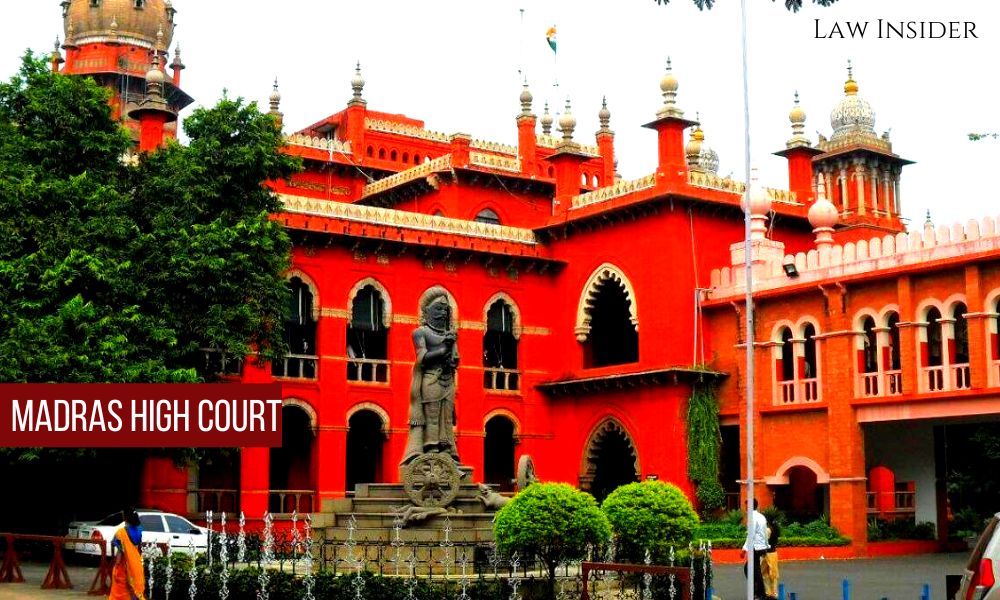LI Network
Published on: October 7, 2023 at 16:46 IST
The Madras High Court has issued a significant ruling addressing the intricacies surrounding contempt of court proceedings.
The case involved S. Gurumurthy, the Editor of Thuglak Tamil Magazine, and S. Doraisamy as the respondent, with a central focus on the authority to recall an order and the complex interaction of recall and review powers within the Contempt of Courts Act, 1971.
The case originated from a public speech delivered by S. Gurumurthy on January 14, 2021, during an event commemorating the anniversary of the Tamil political weekly, ‘Thuglak.‘
Gurumurthy’s speech allegedly contained statements implying that judges in various courts were appointed through questionable means, causing uproar within the legal community.
Senior advocate S. Doraisamy took offense to Gurumurthy’s remarks and filed a petition seeking permission to initiate criminal contempt of court proceedings against him under Section 15(1) of the Contempt of Courts Act, 1971.
The controversy took an intriguing turn when the then Advocate General, in a detailed order dated March 31, 2021, declined to grant consent for initiating contempt proceedings against Gurumurthy.
The Advocate General asserted that Gurumurthy’s statements did not intend to scandalize the court or interfere with the administration of justice. However, this decision faced disagreement.
On April 1, 2021, S. Doraisamy filed an application seeking to recall the Advocate General’s order dated March 31, 2021, citing various procedural irregularities, including Gurumurthy’s reliance on outdated Supreme Court judgments.
The core legal arguments revolved around two significant issues:
- Gurumurthy’s legal team argued that the power to recall an order essentially amounted to the power of review, a power not explicitly provided for in the Contempt of Courts Act, 1971. Hence, they contended that the recall order should be considered inadmissible.
- Maintainability of the writ petition itself. Doraisamy contended that the writ petition was not maintainable, citing the non-inclusion of the Advocate General as a party to the proceedings.
In a thorough analysis, the Madras High Court distinguished between procedural and substantive review powers, emphasizing that a recall or review should solely be based on procedural irregularities rendering the entire proceeding invalid.
The court cited legal precedents to support its findings, describing a prayer for recall as “resembling a prayer for review in disguise.”
Furthermore, the court rejected the argument that the writ petition was not maintainable due to the Advocate General’s absence as a party. The court referenced past judgments to emphasize that the writ could be issued to anyone having custody of the relevant record.
The Madras High Court’s judgment highlights the case’s significance as it has the potential to establish a crucial legal precedent concerning recall and review powers within contempt of court proceedings.
The ruling underscores the court’s commitment to striking a balance between preserving the judiciary’s integrity and safeguarding the public’s right to express legitimate criticism.
In its concluding remarks, the Madras High Court emphasized, “The judiciary should let its performance speak, and it has always spoken through its performance. The power to initiate an action for contempt, therefore, can hardly provide a defense stronger than the quality of judicial performance.“
Case Title: S. Gurumurthy Vs. S. Doraisamy

